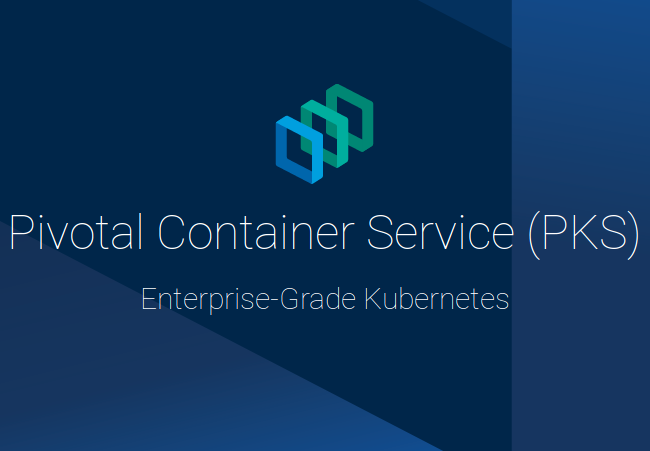 INFRA
INFRA
 INFRA
INFRA
 INFRA
INFRA
Pivotal Software Inc. and its Dell Technologies Inc. sibling VMware Inc. today announced the general availability of their Kubernetes-based Pivotal Container Service following an initial beta release last year.
PKS, as the service is called, is designed to enable companies easily create software containers, which bundle software applications together in a way that they can be run anywhere, and deploy them across both public and private clouds. The service also makes use of Kubernetes, the open-source container orchestration service first developed by Google LLC, to manage those containers.
The main idea behind PKS is to help companies migrate their apps to Google’s Cloud Platform and VMware’s vSphere virtualization platform, which emulates a computer system in order to use corporate data center servers more efficiently.
“As you evaluate your enterprise software portfolio, you’re going to have app platforms, containers, and functions,” Pivotal’s team wrote in a blog post. “So of course you’re going to have plenty of Kubernetes clusters in the mix. Your job now is to give your team a rock-solid, secure Kubernetes ‘dial tone.’”
PKS is essentially a commercial version of the open-source Kubo project that was developed by Google and Pivotal last year, and enables developers to run Kubernetes at large scale in production scenarios. One of the main advantages of the new service is it allows users to create containers quickly and easily instead of having to provision physical servers for them in a data center. Another key benefit for VMware customers is it allows them to run containerized applications on-premises, using their existing infrastructure, said Holger Mueller, principal analyst and vice president at Constellation Research Inc.
But looking beyond Pivotal and VMware’s pitch, the release of PKS is really just an acknowledgment from those companies that Kubernetes has won the battle to become the industry-standard orchestration software for containers, Mueller added.
“Amazon Web Services did the same at re:Invent last year,” Mueller said, referring to the launch of Amazon Elastic Container Service for Kubernetes in December. “Enterprises want load portability and so everyone needs to support Kubernetes.”
PKS 1.0 comes with multicloud capabilities, support for vSphere and Google Cloud Platform, as well as the latest Kubernetes 1.9.2 release. The platform also features advanced container networking capabilities, multitenancy with cluster-level security, and is certified by the Cloud Native Computing Foundation, the companies said.
Other features of PKS include on-demand provisioning, an enterprise container registry, NSX-T network virtualization and fully automated operations.
Support our mission to keep content open and free by engaging with theCUBE community. Join theCUBE’s Alumni Trust Network, where technology leaders connect, share intelligence and create opportunities.
Founded by tech visionaries John Furrier and Dave Vellante, SiliconANGLE Media has built a dynamic ecosystem of industry-leading digital media brands that reach 15+ million elite tech professionals. Our new proprietary theCUBE AI Video Cloud is breaking ground in audience interaction, leveraging theCUBEai.com neural network to help technology companies make data-driven decisions and stay at the forefront of industry conversations.